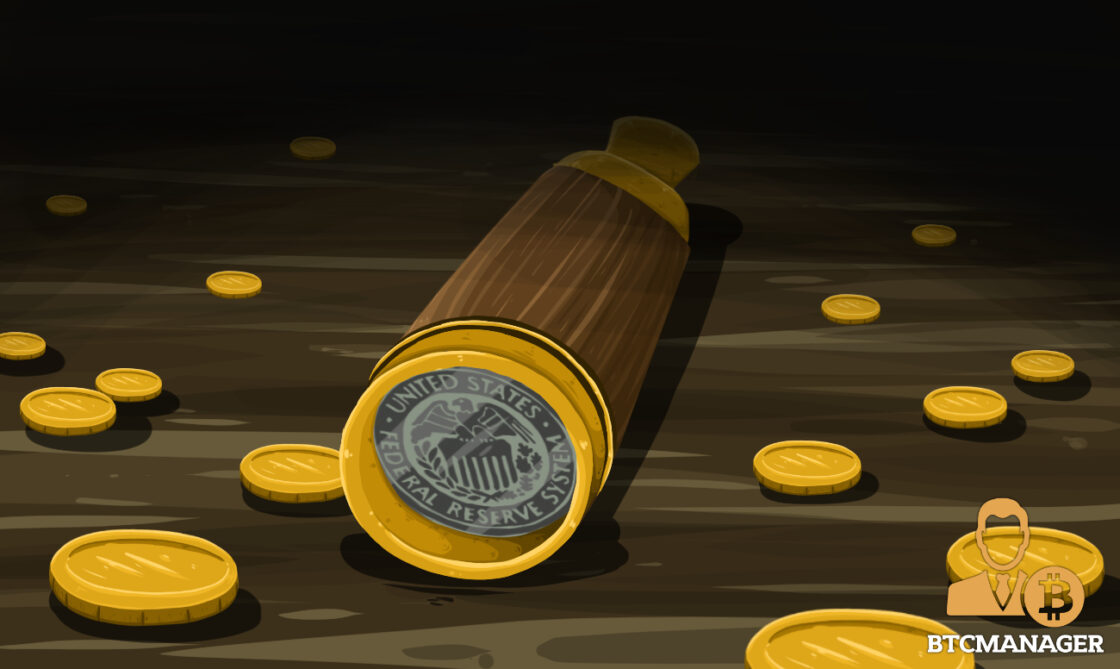PALO ALTO, Calif. (Reuters) - The Federal Reserve is looking at a broad variety of problems around digital payments and currencies, consisting of policy, design and legal factors to consider around potentially issuing its own digital currency, Guv Lael Brainard stated on Wednesday. Brainard's remarks suggest more openness to the possibility of a Fed-issued digital coin than in the past." By transforming payments, digitalization has the potential to provide greater worth and convenience at lower expense," Brainard said at a conference on payments at the Stanford Graduate School of Business.
Reserve banks internationally are debating how to handle digital finance innovation and the distributed ledger systems utilized by bitcoin, which promises near-instantaneous payment at potentially low expense. The Fed is establishing its own day-and-night real-time payments and settlement service and is presently evaluating 200 comment letters submitted late last year about the proposed service's design and scope, Brainard stated.
Less than 2 years ago Brainard told a conference in San Francisco that there is "no engaging demonstrated requirement" for such a coin. But that was before the scope of Facebook's digital currency ambitions were widely understood. Fed officials, consisting of Brainard, have actually raised issues about consumer protections and information and personal privacy hazards that could be posed by a currency that could come into usage by the third of the world's population that have Facebook accounts.
" We are collaborating with other reserve banks as we advance our understanding of central bank digital currencies," she stated. With more nations checking out releasing their own digital currencies, Brainard said, that adds to "a set of reasons to likewise be making sure that we are that frontier of both research study and policy advancement." In the United States, Brainard said, problems that need study consist of whether a digital currency would make the payments system safer or simpler, and whether it could present monetary stability threats, including the possibility of bank runs if cash can be turned "with a single swipe" into the central bank's digital currency.
To counter the monetary damage from America's unprecedented nationwide lockdown, the Federal Reserve has actually taken extraordinary actions, consisting of flooding the economy with dollars and investing directly in the economy. Most of these moves received grudging acceptance even from many Fed doubters, as they saw this stimulus as required and something just the Fed could do.
My brand-new CEI report, "Government-Run Payment Systems Are Unsafe at Any Speed: The Case Against Fedcoin and FedNow," information the dangers of the Fed's current plans for its FedNow real-time payment system, and propositions for main bank-issued cryptocurrency that have been dubbed Fedcoin or the "digital dollar." In my report, I talk about concerns about privacy, information security, currency manipulation, and crowding out private-sector competitors and innovation.
Proponents of FedNow and Fedcoin state the federal government needs to produce a system for payments to deposit quickly, instead of motivate such systems in the personal sector by lifting regulative barriers. However as kept in mind in the paper, the private sector is providing a relatively endless supply of payment technologies and digital currencies to resolve the problemto the degree it is a problemof the time space in between when a payment is sent out and when it is received in a checking account.
And the examples of private-sector development in this area are many. The Clearing Home, a bank-held cooperative that has actually been routing interbank payments in different types for more than 150 years, has been clearing real-time payments given that 2017. By the end of 2018 it was covering 50 percent of the deposit base in the U.S.
